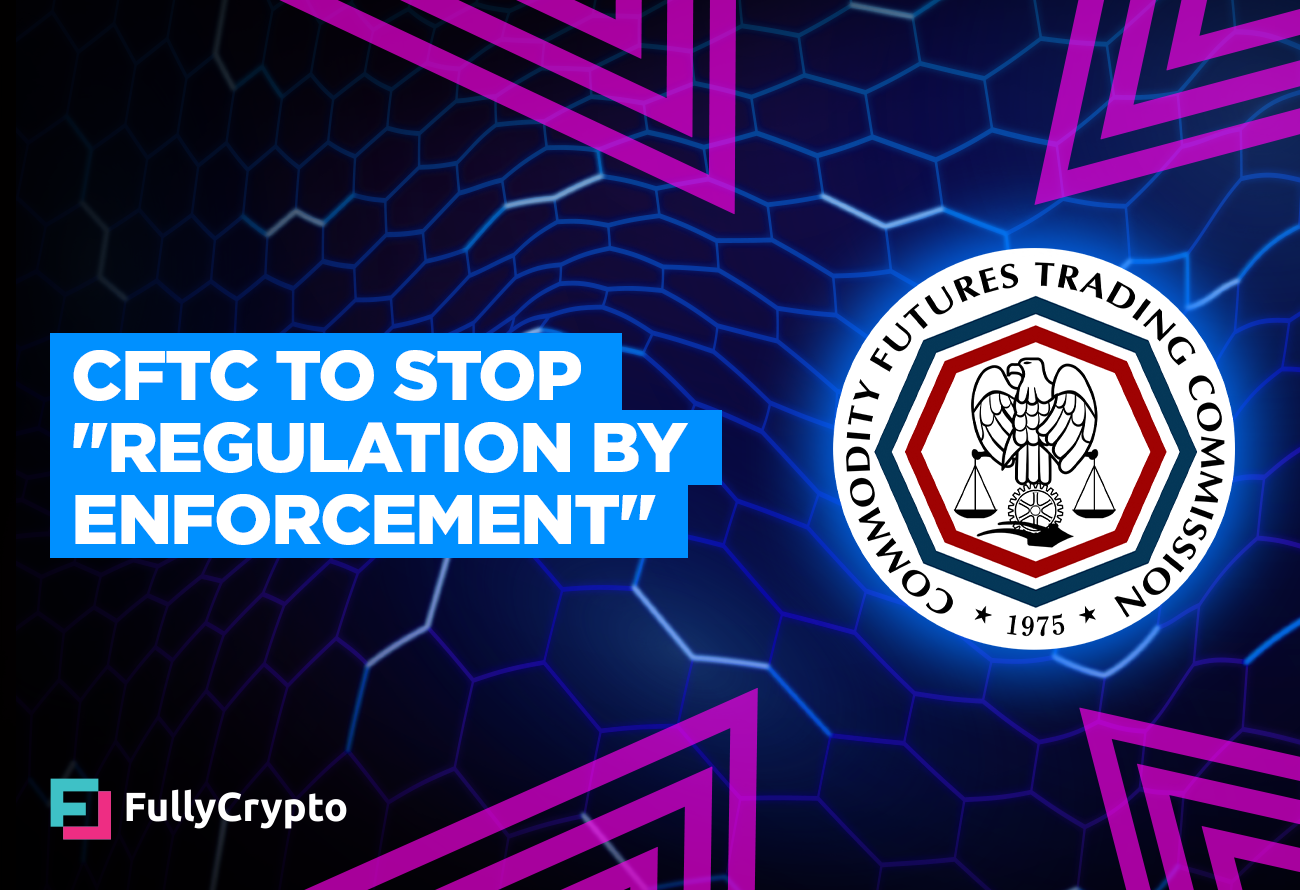Cryptocurrency

Reading Time: 2 minutes
- The Commodity Futures Trading Commission (CFTC) has announced a reorganization of its Division of Enforcement to focus on combating fraud and assisting victims
- This restructuring aims to end the practice of “regulation by enforcement” and enhance efficiency within the agency
- The Division will now operate under two task forces: the Complex Fraud Task Force and the Retail Fraud and General Enforcement Task Force
The Commodity Futures Trading Commission (CFTC) has announced a reorganization of its Division of Enforcement to focus on combating fraud and assisting victims. This restructuring, which will see the creation of two task forces—the Complex Fraud Task Force and the Retail Fraud and General Enforcement Task Force—aims to end the practice of “regulation by enforcement” and enhance efficiency within the agency. The shift was revealed by Acting Chair Caroline Pham, who was appointed on January 20.
Cryptocurrency Dual Task Forces Will Police the Arena
Acting Chair Pham unveiled the overhaul in a press release yesterday, which is intended to bring greater clarity and fairness to the enforcement of financial regulations. Pham noted that the splitting of the agency into two groups would strengthen its enforcement program to “focus on victims of fraud, as well as remaining vigilant for other violations of law.” She also outlined the purposes of the two task forces:
- Complex Fraud Task Force – Led by Acting Chief Deputy Director Paul Hayeck, this unit will handle preliminary inquiries, investigations, and litigations related to complex fraud and manipulation across all asset classes.
- Retail Fraud and General Enforcement Task Force – Under Acting Chief Deputy Director Charles Marvine, this team will concentrate on retail fraud and manage general enforcement matters involving other violations of the Commodity Exchange Act.
Acting Director of Enforcement Brian Young emphasized the evolving nature of fraudulent activities, noting that the new structure aims to “enhance our vigorous and energetic enforcement program by empowering our talented staff to focus their expertise on matters that secure justice for victims and uphold public confidence in the integrity of our markets.”
Cryptocurrency End to Regulation by Enforcement
Historically, the CFTC has faced challenges in regulating the rapidly evolving cryptocurrency market. Over the past decade, the agency has significantly increased its enforcement actions in the digital asset space; in fiscal year 2023, nearly 50% of the CFTC’s docket comprised digital asset cases, reflecting the agency’s intensified focus on this sector.
Despite these efforts, the CFTC’s approach has often been criticized as regulation by enforcement, where the agency addresses issues through punitive actions rather than proactive rule-making. This method has led to concerns about regulatory clarity and consistency, potentially hindering innovation and leaving market participants uncertain about compliance expectations.
The new-look CFTC will not follow the same approach, however, as Acting Chair Pham outlined:
This simplified structure will stop regulation by enforcement and is more efficient. These much-needed changes will maximize the CFTC’s resources to bring more actions to pursue fraudsters and other bad actors, and not punish good citizens.
This move is anticipated to enhance the CFTC’s efficiency in handling complex and retail fraud cases, ensuring that enforcement actions are more targeted and effective. Market participants and observers will be keenly watching how this strategic shift impacts the regulatory landscape, particularly in the dynamic and often opaque world of digital assets.











